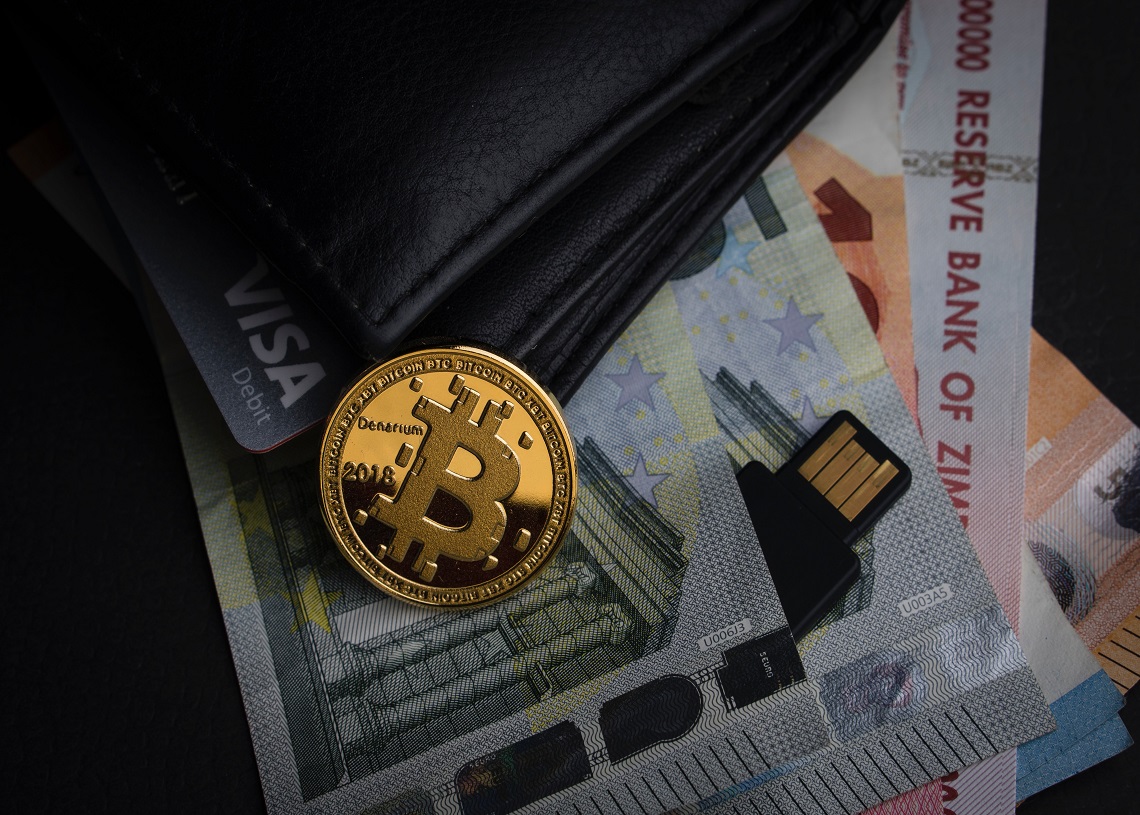TL;DR Breakdown
- Fast food chains accept crypto as a means of payment.
- Venezuelan migrants send their remittances through LocalBitcoins or Binance.
Venezuelan food driver Pablo Toro is interested in cryptocurrencies and uses them to send money to his relatives. Although there are thousands of alternatives to send money from abroad to the South American country, crypto is the most popular way.
Toro, who emigrated to Colombia in 2019, uses the Valiu mobile app to receive Colombian pesos for his work. Toro exchanges them with the money in the national wallet for Venezuelan bolivars to send to his relatives. However, the Venezuelan economy is subject to hyperinflation, and the government is paying more interest to these transactions.
The Valiu app uses Colombian pesos to buy crypto, especially Bitcoin, which is then sold on LocalBitcoins. The platform is much more reliable for Toro than informal exchange houses, and the commissions are lower.
Alternatives to send money to Venezuela

Toro indicates, when electricity fails in Venezuela and the internet goes down, it affects the remittance sending. That is why residents have turned to crypto alternatives that allow you to send money without worries. Toro is sure that he can make the money order to his family members, and in seconds they will have it in their crypto wallet or bank account.
As US sanctions and hyperinflation affect Venezuela’s economy, crypto has emerged as a solution. Virtual currencies have become a way to send remittances from abroad, save money and thus avoid devaluation.
Crypto companies gain fame after Bitcoin adoption in El Salvador
Although cryptocurrencies had been in the eyes of Venezuelans in previous years, the market in South America resumed. The El Salvador government adopted Bitcoin as a legal currency a few weeks ago. Also, the Argentina authorities have shown their affection for decentralized currencies.
Bolivar transfers on LocalBitcoins represent the largest in value among Latin American currencies. However, the cryptocurrency platform figures have fallen with the Binance adoption in the Latin country.
Binance shows a 75% increase in its operations with bolivars since May. This makes Venezuela the only country in Latin America that trades in cryptocurrencies even though the market is in decline.
Fast-food chains such as Church’s Chicken and Pizza Hut accept Bitcoins as a means of payment. Some technology stores have also been affected by this boom in cryptocurrencies, including USDT and Dash.
Citizens in Venezuela are using cryptocurrencies to avoid their money devaluation. Although Bitcoin is volatile, this does not prevent residents from buying the tokens when they have the opportunity. Although the national government has not formally adopted the decentralized market, the Venezuelan people do not tire of using the tokens.




